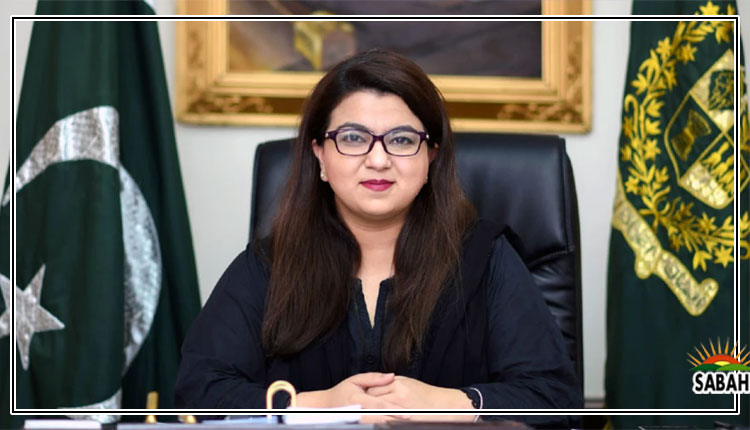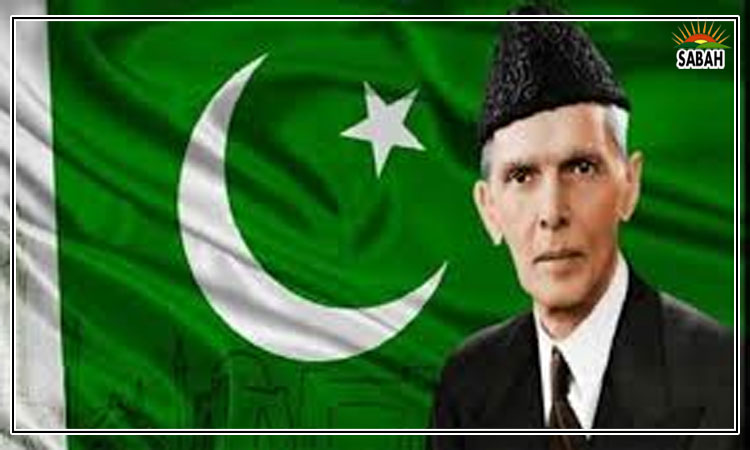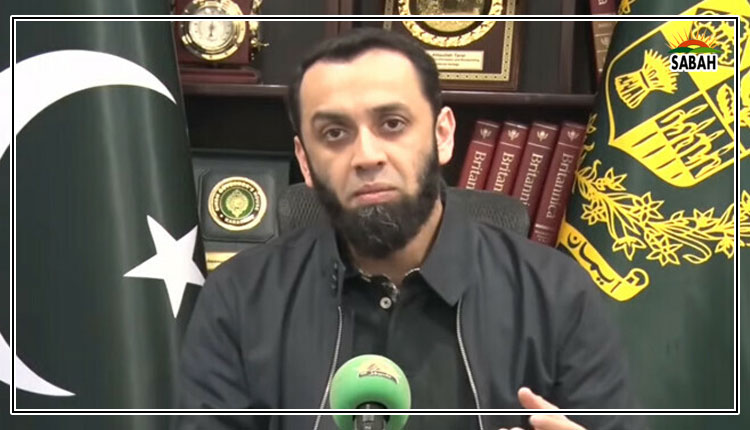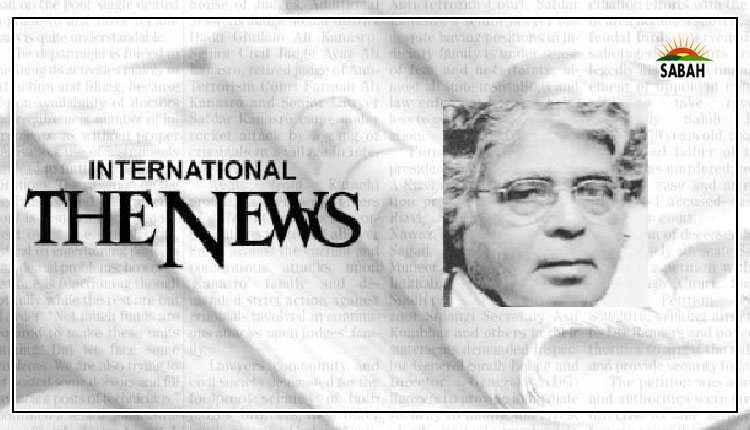Modi is cut to size…Ghazi Salahuddin
Is there any hope for democracy in South Asia? Imagine what conjectures would have been made in response to this question just one week ago. But many things, many minds have since changed. Narendra Modi of India has been cut down to size. And though he remains the prime minister of India for the historic third term, he is no longer invincible.
A national election in India is always a spectacle, given the size of the country and the complicated nature of how the polling in its disparate regions is spread, incredibly, for six weeks. This time, the world was watching in dread the tempo of the mammoth electoral machine that Modi had built in glaring defiance of democratic principles. And he did seem to be invincible.
Now, this focus on the Indian election is eminently justified in the context of the surprising message it has delivered. Because of our South Asian bondage, we need to be concerned about what happens in India. As a new regime takes over in India, putting Modi in the uncomfortable position of leading a coalition, it will be interesting to watch the moves that it makes.
But we, as a nation, are today focused on India for a very different reason. Pakistan and India are meeting this evening on a playing field in, of all places, New York in the opening round of the T20 World Cup. This will be a match in the group stage. Even though temporary, this encounter is bound to generate unbounded excitement among almost the entire population of the two of the most populous countries of the world.
Sadly, Pakistans pathetic performance in its opening match with the United States has cast a shadow on this evenings match with India. Cricket lovers in Pakistan are still struggling to accept the fact that their star players have surrendered to a team that is playing its first major tournament.
It is the first time that a major cricket tournament is being played in the US where cricket has never been a spectator sport. They play other games that have a mass following. In particular, it is professional football that excites the people, and the Super Bowl is its championship game.
So, you get some idea of how the T20 World Cup management is gearing up for this evenings contest between arch-rivals of South Asia when an official says: India versus Pakistan is like Super Bowl on steroids. We had no idea how huge it was. One reason why it has to be huge is the presence of a very large Indian and Pakistani diaspora in the US. There are astounding stories of how much are they paying for the tickets.
Anyhow, this cricket fever, matching the temperatures being recorded on the plains of the home countries of the two teams, will gradually subside. There will be distractions, for winners as well as the losers, as the T20 World Cup moves forward. In that sense, cricket will remain with us for some time.
Meanwhile, of course, the world will have to contend with the consequences of the Indian election. In the first place, Indias political map is being redrawn and there is hope for the revival of democracy in the most populous country of the world. After all, the overall trend in the world is not very inspiring.
This year has been unique in history because of the number of countries in which elections are to be held. When the year ends, citizens of as many as 64 countries will have voted. Half of the population of the world will have had an opportunity to cast their votes. In South Asia, elections have already been held in the three major countries. One very crucial election will be held in November in the US, with Donald Trump hovering over it as a dark cloud.
Essentially, the big issue is whether these elections would strengthen democracy or weaken it. Worryingly, the experts were not very upbeat about the prospects of democracy marching ahead. In South Asia, Bangladesh and Pakistan have not been good examples. Against this backdrop, the Indian election has to be carefully studied as to what it means for India and for the future of democracy.
The Modi phenomenon makes this election so much more important, with reference to how a charismatic leader who has built a cult of personality and who alone is the party would fare in an election. Modi recently claimed that his birth was entirely a biological event but that he had been sent by God. With his vile attacks on Indias largest minority, the Muslims, he had greatly advanced in the direction of turning India into a majoritarian Hindu nationalist state.
How the world was looking at it was reflected in an issue of the Journal of Democracy, published by an American think tank, less than a year ago. Its topic was: Is India still a democracy? It said: Since Prime Minister Narendra Modi rose to power in 2014, his government is engaged in what is by some accounts a wholesale dismantling of democratic institutions, norms and practices.
Let me just give you the titles of a few articles by scholars who were invited to perform a biopsy of the fragile state of Indian democracy. One was: Why Indias democracy is dying. Another: The authoritarian roots of Indias democracy. And: Modis undeclared emergency. One more: Why Indias political elites are to blame.
Yes, there was also this: The exaggerated death of Indian democracy. It is this assessment that has prevailed. When the results began to roll out on Tuesday, it seemed that the Indian voters had woken up from deep sleep. In the Ayodhya constituency of the Ram Mandir, a Dalit low-caste Hindu easily defeated the BJP candidate.
Among other things, the election was a turnaround for the Indian National Congress of Nehru and Indira. Rahul Gandhi has emerged as the face of the opposition. And at least in India, there is a silver lining for democracy.
Courtesy The News












